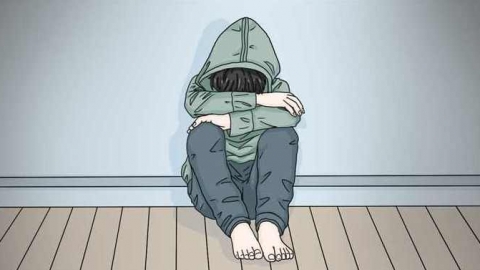What is bipolar disorder?
Generally speaking, bipolar disorder is a mental illness characterized by alternating episodes of mania or hypomania and depression, which can affect the patient's life and social functioning. A detailed analysis is as follows:

During manic or hypomanic episodes, patients may experience elevated mood, abundant energy, active thinking, increased speech, and some individuals may exhibit impulsive behaviors. During depressive episodes, patients may experience low mood, loss of interest, reduced energy, changes in sleep patterns and appetite. These two states alternate, and the duration of each episode varies.
The occurrence of bipolar disorder is associated with multiple factors, including genetic, neurobiological, and psychosocial factors. Individuals with a family history of bipolar disorder have a higher risk of developing the condition; abnormal neurotransmitter function and changes in brain structure and function may also contribute to the development of the disorder. Psychosocial factors such as major stressful life events and poor interpersonal relationships may also trigger or exacerbate the illness.
Bipolar disorder can negatively affect the patient's work, study, and interpersonal relationships, thus requiring sufficient attention. In daily life, creating a supportive living environment, providing understanding and support, and helping the patient maintain regular作息 and a healthy lifestyle can positively contribute to stabilizing the condition.






